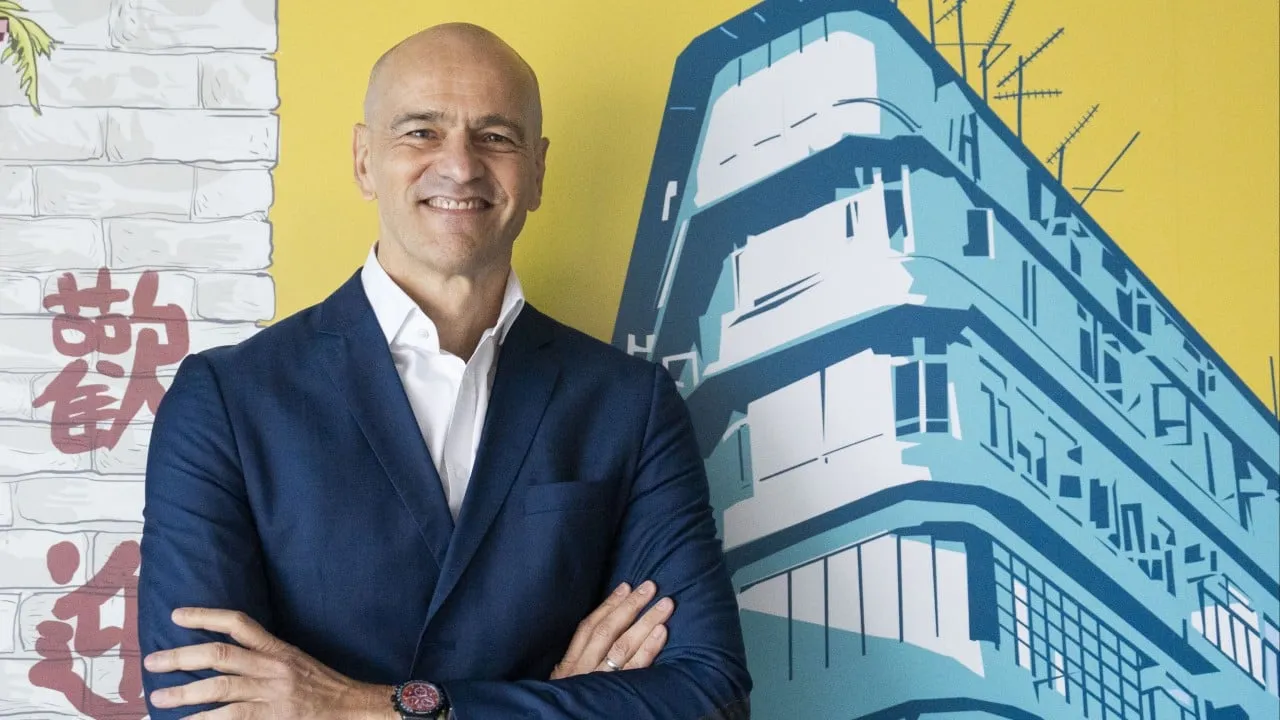Vitasoy's Commitment to Sustainability: The Plant-Based Future

Vitasoy's Sustainable Movement in the Food and Beverage Sector
Vitasoy, a long-standing player in the food and beverage market, is championing sustainability through innovative plant-based products. With CEO Roberto Guidetti leading the charge, the company is dedicated to attracting fresh talent to advance its sustainability goals.
Engaging Youth for Environmental Impact
Guidetti's approach to hiring highlights the significance of sustainability at Vitasoy. He personally interviews candidates for sustainability positions, which resonates particularly with Millennials and Generation Z, who are passionate about making a difference.
- **Vitasoy's Products:** Soy, almond, and oat milks, alongside lemon teas and tofu, showcase a commitment to climate-friendly practices.
- **Lower Carbon Footprint:** Oat- and soy-based alternatives have a carbon footprint 62 to 71 percent lower than traditional dairy.
- **Resource Efficiency:** Their production utilizes 80 percent less land and 99 percent less water compared to dairy.
Challenges and Goals in Sustainability
Despite significant strides, Vitasoy faces challenges compared to larger competitors in the industry. The company has not yet set a timeline for achieving net-zero emissions nor established science-based targets. However, it aims to reduce energy usage by 25 percent by March 2026 and has invested in renewable energy solutions, with currently 13.6 percent of energy from renewable sources.
- **Future Directions:** Investment in heat recovery technologies and renewable energy sources is ongoing to bridge the sustainability gap.
- **Market Performance:** Vitasoy made HK$116 million in net profit from HK$6.2 billion in revenue, with a significant portion of sales from mainland China.
Conclusion and Future Outlook
As Vitasoy continues its journey toward sustainability, its plant-based products put it at the forefront of the climate-friendly movement within the food and beverage landscape, engaging a new generation in its mission for a better future.
This article was prepared using information from open sources in accordance with the principles of Ethical Policy. The editorial team is not responsible for absolute accuracy, as it relies on data from the sources referenced.